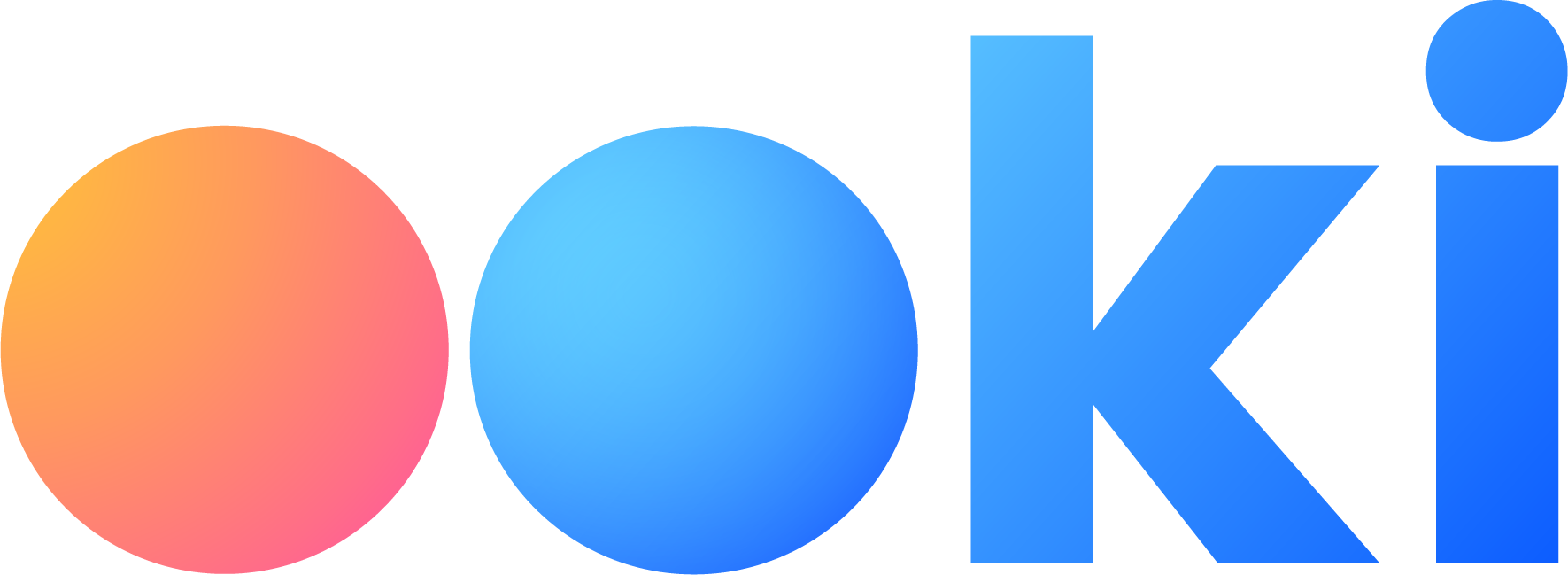Decentralized Finance (DeFi) is an open and global financial system built for the internet age – an alternative to a system that's opaque, tightly controlled, and held together by decades-old infrastructure and processes. DeFi utilizes decentralized networks and blockchains to transform traditional financial products into trustless and transparent protocols that work without intermediaries. An important distinguishing feature between DeFi and Traditional Centralized Financial services (CeFi) is that intermediaries are not required in DeFi in order to facilitate transactions because smart contracts replace the role of traditional financial institutions.
DeFi applications are built on a series of smart contracts which run on blockchain networks such as Ethereum, PolkaDot, Binance Smart Chain, Fantom, Solana, etc. The smart contracts dictate the rules of the DeFi application rather than a centralized authority. Developers program smart contracts to create, store, manage, and transfer various digital assets known as tokens. DeFi applications are considered to be permissionless because anyone can interact with smart contracts once they’ve been uploaded to the blockchain without requiring registration, or KYC documents.
DeFi offers numerous benefits compared to traditional financial applications. Unlike traditional financial applications, DeFi users hold onto their own money because DeFi apps are “non-custodial”. Transfers of funds typically happen within seconds or minutes, compared to days in the traditional financial space. Users of DeFi applications maintain anonymity and typically don’t need to provide any form of documentation, register, or request approval to use an application. Anyone can inspect an application code and see how the software works and view all the transactions that take place on the network or application, unlike traditional applications which are typically privately controlled and rely on trust. The need for trusted parties in CeFi introduces an attack vector and provides the groundwork for intrusive and costly regulatory requirements. As a result, DeFi applications don’t collect data about you, and your financial transactions aren’t tied to your identity.






